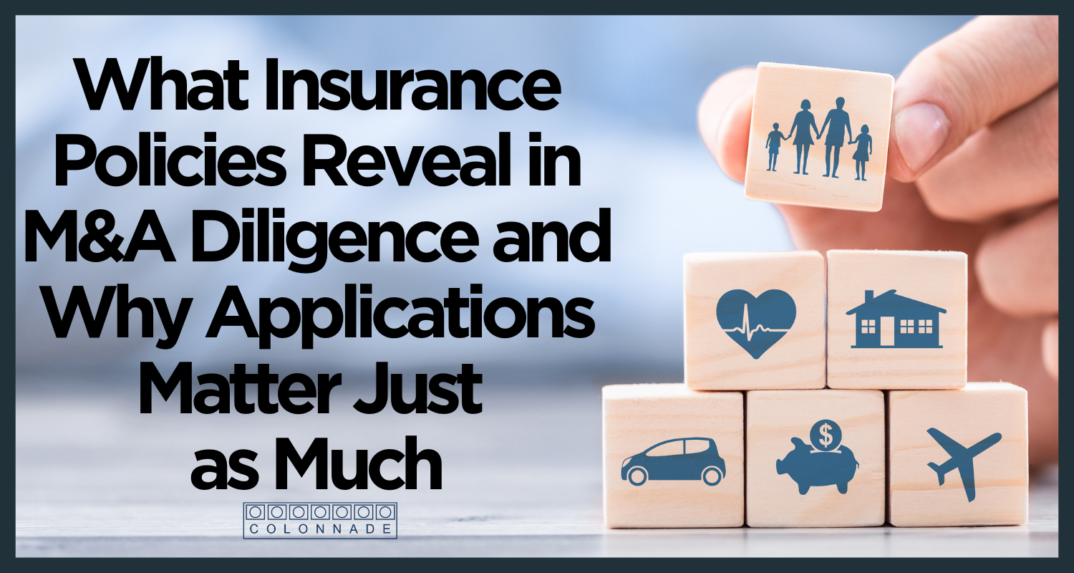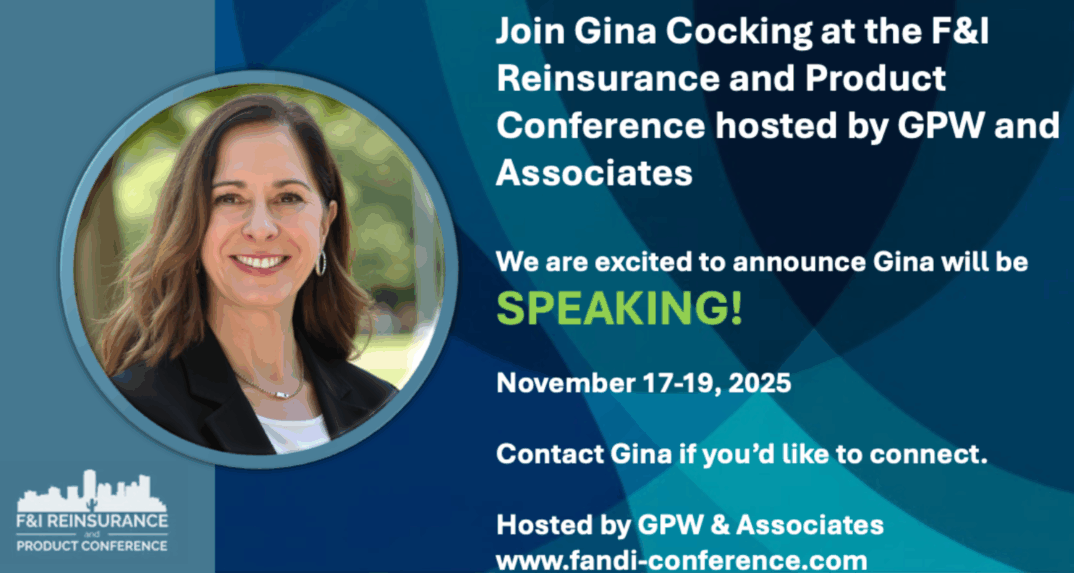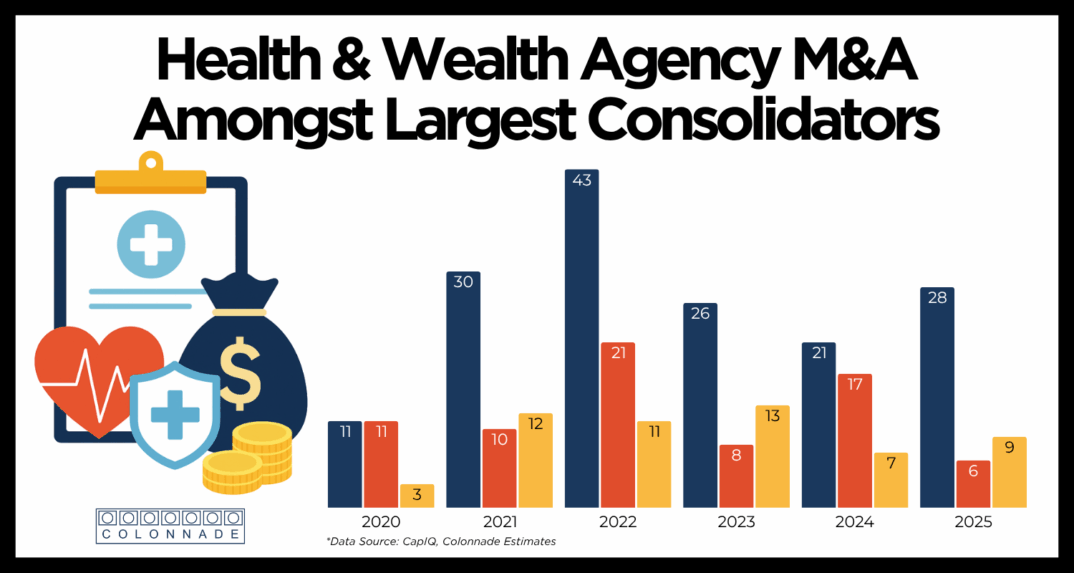What Insurance Policies Reveal in M&A Diligence—and Why Applications Matter Just as Much

Insurance is often viewed as a back-office item—an operational necessity that flies under the radar in a transaction. But in M&A due diligence, insurance policies provide a critical lens into a company’s risk profile, operational discipline, and governance standards.
At Colonnade Advisors, we routinely request not only the policies themselves, but also the latest insurance applications, which can sometimes tell us more than the policies do. Below, we break down the key types of insurance we review during diligence, why they matter to buyers and investors, and the often-overlooked value of insurance applications.
Core Insurance Policies Reviewed in M&A Diligence
While health insurance is typically addressed under employee benefits, these non-health insurance policies are standard for most companies and subject to review:
1. General Liability Insurance
Covers third-party bodily injury, property damage, and legal defense costs.
🔎 Why it matters: This is foundational coverage that protects the business in day-to-day operations. Buyers want to confirm that the policy limits are appropriate for the company’s risk exposure and industry.
2. Workers’ Compensation Insurance
Covers medical expenses and lost wages for employees injured on the job.
🔎 Why it matters: Required in most jurisdictions. Gaps in this coverage or a high claims history can indicate potential liabilities.
3. Property Insurance
Protects buildings, equipment, inventory, and other physical assets from damage or loss.
🔎 Why it matters: Especially important for asset-intensive businesses. Buyers need to understand the extent of replacement cost coverage and any limitations on key assets.
4. Professional Liability Insurance (E&O)
Covers claims arising from errors, omissions, or negligence in the provision of professional services.
🔎 Why it matters: Essential for service providers and advisory firms. Lack of E&O coverage is a major red flag in industries with high exposure to client claims.
5. Directors & Officers (D&O) Insurance
Protects executives and board members against personal liability for decisions made on behalf of the company.
🔎 Why it matters: Without D&O, attracting or retaining board members post-close can be difficult. It also signals the company’s governance maturity.
6. Cyber Liability Insurance
Covers the cost of data breaches, ransomware attacks, and other cybersecurity incidents.
🔎 Why it matters: Especially important for tech-enabled and consumer-facing businesses. Buyers want assurance that there is a plan—and coverage—in place in the event of a cyberattack.
7. Business Interruption Insurance
Reimburses lost income and fixed expenses during covered disruptions (e.g., fire, flood, power outage).
🔎 Why it matters: Shows planning for operational resilience. This coverage can directly affect EBITDA recovery timelines after a disruption.
8. Commercial Auto Insurance
Covers vehicles used for business purposes, including liability and physical damage.
🔎 Why it matters: Key for logistics, field service, and construction businesses. Buyers assess fleet coverage and claims history.
9. Employment Practices Liability Insurance (EPLI)
Covers legal costs related to employee claims like harassment, discrimination, or wrongful termination.
🔎 Why it matters: The rise in employment litigation makes this increasingly critical. High deductibles or claim frequency can indicate HR risk.
10. Key Person Insurance
Provides a financial cushion if a critical executive or owner unexpectedly dies or becomes incapacitated.
🔎 Why it matters: Important for founder-led businesses or companies with “indispensable” team members. Buyers often use key person policies as part of continuity planning.
The Overlooked Goldmine: Insurance Policy Applications
While reviewing insurance policies is standard, insurance applications are a powerful—and often underused—tool in M&A diligence.
These applications require companies to answer specific, pointed questions about their business operations, risk exposures, past incidents, compliance practices, and internal controls.
And here’s the key: If the applicant misrepresents material facts, the policy can be voided.
That means applicants are highly incentivized to be thorough, truthful, and complete in their disclosures. As a result, insurance applications can surface risks and disclosures that:
- Weren’t documented elsewhere
- Were missed in legal diligence
- Provide more operational detail than the policy itself
Why We Always Ask for the Most Recent Applications
- Uncover Known Issues – If there was a past claim, regulatory investigation, or customer dispute, it may be disclosed in the application even if it’s not otherwise documented.
- Validate Internal Controls – Applications often ask about IT protocols, employee training, and compliance procedures—especially for cyber, D&O, and EPLI coverage.
- Highlight Business Complexity – Large numbers of covered locations, entities, or employees may appear first here before being caught elsewhere in diligence.
Fill Diligence Gaps – If a buyer doesn’t ask the right question during diligence, the application often does.
Final Thoughts: What Insurance Really Signals in a Sale Process
Insurance is more than just coverage—it reflects how a business thinks about risk, continuity, and governance. Well-structured, comprehensive policies tell buyers the company is professionally run and prepared for the unexpected. Gaps, high claims volume, or vague applications may raise concerns that impact valuation or deal structure.
If you’re preparing for a sale or investment in the next 12–24 months, reviewing your policies—and your insurance applications—should be part of your pre-diligence checklist.
📩 Need help getting organized for a transaction? The team at Colonnade Advisors is here to guide you through every step of the process.


